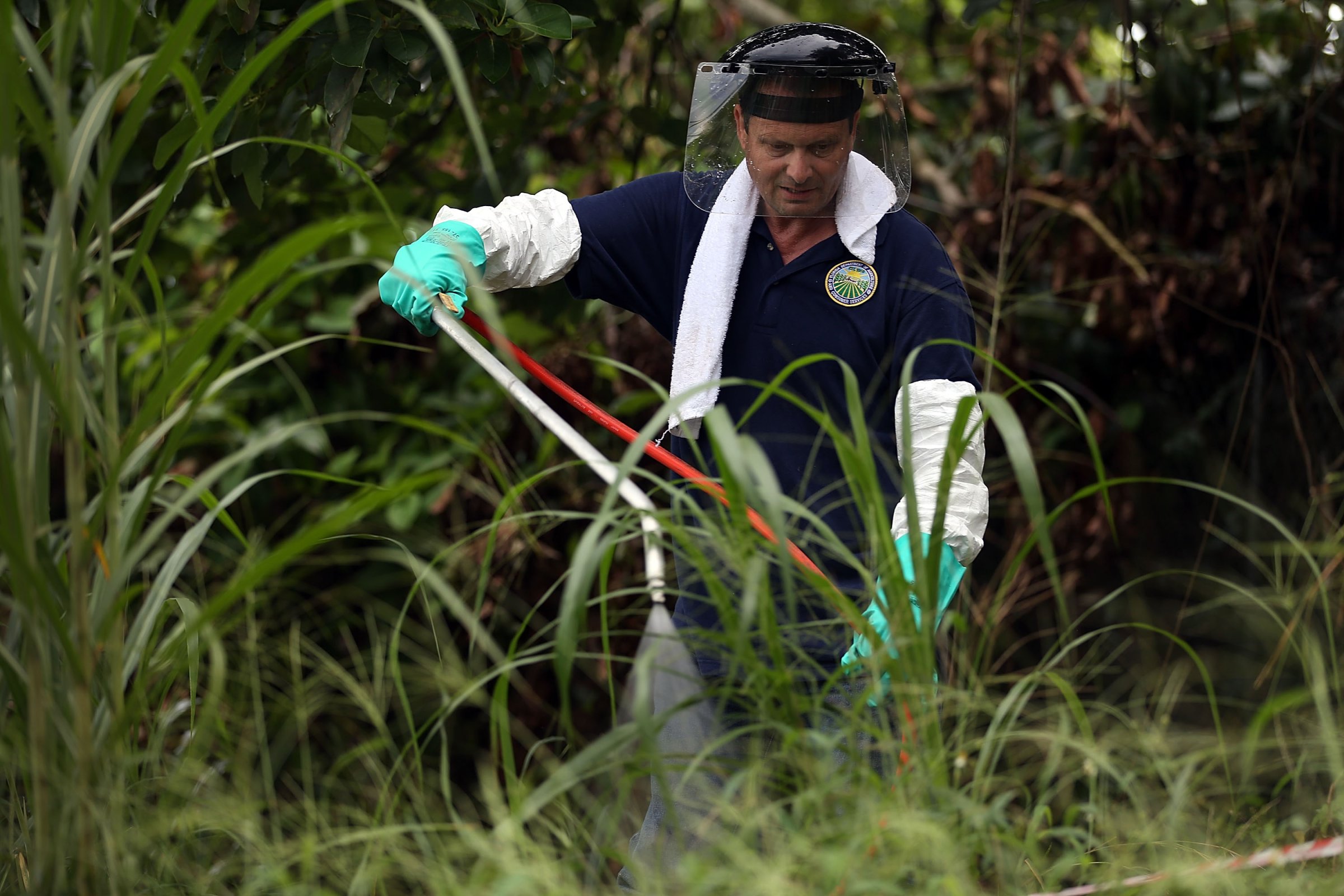
It’s easy to lose count of all of the pesticides that are sprayed on crops in the U.S., and well-nigh impossible to know all of the names (dichloropropene and pyraclostrobin and spinetoram and on and on). But it’s not hard to guess who gets hit hardest by all of these chemicals: kids, whose brain, nervous and hormonal systems are still developing at the time of exposure. What’s more, a new pesticide introduced today will have fewer years to build up in the tissues of, say, a 50-year old, compared to a child who will accumulate a lifetime load of the stuff.
That’s the biggest reason that, in 1996, Congress passed and President Bill Clinton signed the Food Quality Protection Act (FQPA). The legislation represented one of the most effective crackdowns on pesticides in the food supply to date, requiring the Environmental Protection Agency not simply to establish a safe threshold of exposure for the population as a whole, but to limit permissible levels much further—10-fold further in fact—to ensure that children are protected too. The legislation benefits everyone of course: Ten times less pyraclostrobin on your apple is a good thing no matter how old you are, but it’s children who are the most important beneficiaries.
But a law is only as good as its enforcement and a new study conducted by the Environmental Working Group, —a nonprofit advocacy organization—and published in the journal Environmental Health found that when it comes to the FQPA, the Environmental Protection Agency (EPA) is laying down on the job. The group surveyed 47 non-organophosphate pesticides—a category that tends to persist in soils—and found that the 10-fold safety standard was being applied only to five of them.
“The FQPA was a revolution in how we think about pesticides’ effects on children,” said Environmental Working Group president Ken Cook in a statement accompanying the release of the study, “but it does no good if the EPA doesn’t use it.”
In response to the study’s release, an EPA spokesperson told TIME: “EPA takes our commitment to protect public health, including our most vulnerable populations, and following the law seriously. EPA uses the default 10X safety factor unless a wealth of high-quality, peer-reviewed data has shown an alternative safety factor can provide an equal amount of protection.”
The study, which stands by the the ten-fold standard as the true gold standard, looked back at FQPA enforcement from as early as 2011, during the Obama administration—generally seen as an environmentally friendly presidency—and saw the same spotty pesticide enforcement even then. But the Obama White House did take some proactive steps, seeking to extend the 10-fold standard to organophosphate pesticides as well, which break down relatively quickly, according to the U.S. Centers for Disease Control and Prevention, but while they are around can be even more toxic than other varieties of pesticides, affecting the nervous system in much the way sarin and other nerve gasses do.
Under the Trump Administration, however, the Obama ruling was reversed for the most widely used organophosphate, known as chlorpyrifos. Nonetheless, Corteva Agriscience, the nation’s largest manufacturer of the chemical, under pressure from multiple states that are banning its use, announced on Feb. 6 that it would voluntarily agree to stop producing it.
It’s a manifestly good thing that in that one case, market forces were sufficient to stop a bad chemical from getting into the food supply. But it’s a manifestly bad thing that in a far larger share of cases, apparently the health of America’s children does not have the same power in Washington.
“With the FQPA legislation, Congress clearly gave the EPA the power to protect children’s health from pesticides,” says Olga Naidenko, vice president of science investigations at the Environmental Working Group, and lead author of the paper. “The EPA should be able to fully use this authority without waiting for additional instructions, if the EPA leadership decides to do so.”
More Must-Reads from TIME
- Donald Trump Is TIME's 2024 Person of the Year
- Why We Chose Trump as Person of the Year
- Is Intermittent Fasting Good or Bad for You?
- The 100 Must-Read Books of 2024
- The 20 Best Christmas TV Episodes
- Column: If Optimism Feels Ridiculous Now, Try Hope
- The Future of Climate Action Is Trade Policy
- Merle Bombardieri Is Helping People Make the Baby Decision
Write to Jeffrey Kluger at jeffrey.kluger@time.com